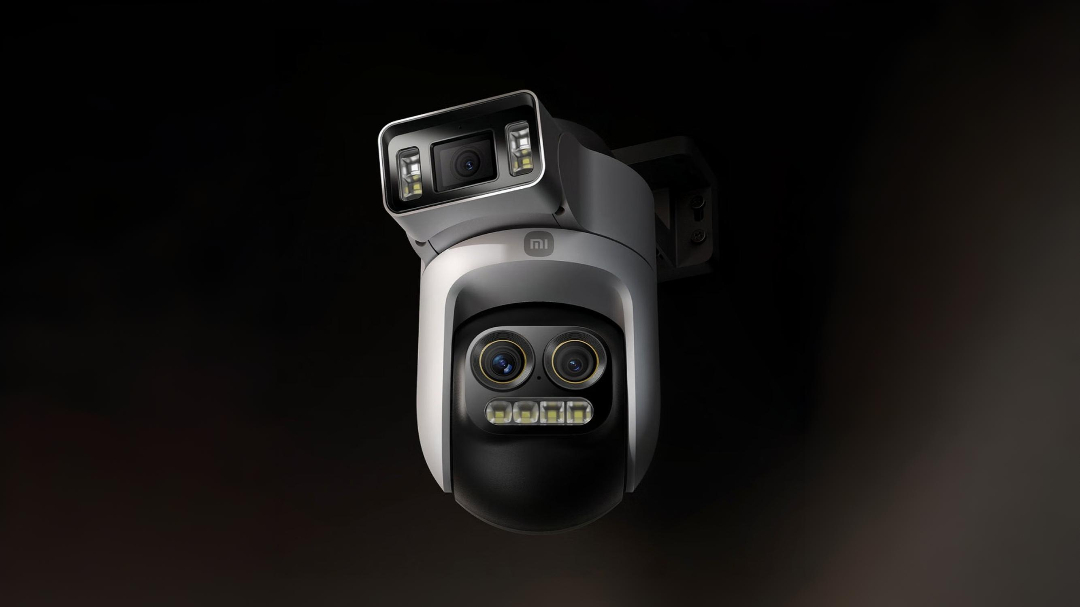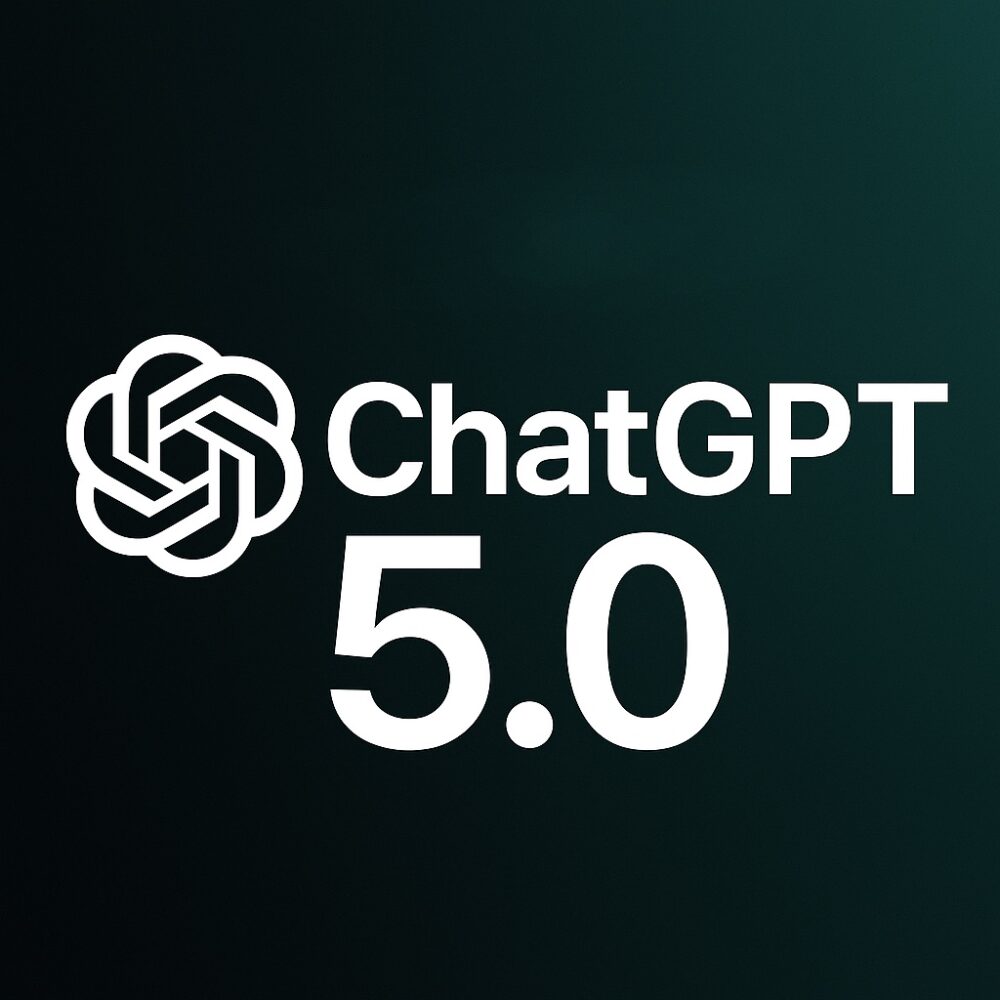Moving to Dubai or simply upgrading your internet at home? You’re probably overwhelmed by all the jargon: fiber, 5G, eLife, du Home, wireless routers, gigabit speeds… and the ever-elusive Fair Usage Policy. With two major providers—Etisalat by e& and du—offering dozens of seemingly similar packages, finding the right internet plan in Dubai can feel like decoding ancient hieroglyphics with a broken VPN.
But don’t worry—this guide cuts through the noise. Whether you’re a gamer chasing low ping, a remote worker on back-to-back Zoom calls, or just someone who wants to binge Netflix without buffering, we’ll walk you through the best internet options in Dubai in 2025. We’ll compare fiber vs. 5G home wireless, break down the real costs, and help you subscribe to the plan that matches your needs—no upselling, no tech-speak.
Let’s get you connected.
1. Overview of Dubai’s Internet Landscape
Dubai’s internet market is primarily served by Etisalat by e& and du, with Virgin Mobile offering app-driven, flexible alternatives as an MVNO
Etisalat (eLife / eLife Fibre):
- Fibre packages from 250 Mbps to 1 Gbps:
- eLife Starter (250 Mbps) – AED 389/month
- eLife Neo (1 Gbps) – AED 399–549/month
- Known for stable performance, strong support, and value-added bundles like TV and routers.
du:
- Fibre (Home Internet):
- Home Basic (800 Mbps) – AED 279/month (35 % off)
- Home Advanced (1 Gbps) – AED 357/month
- Home Ultimate – AED 487/month.
- 5G Home Wireless:
- Entertainment (up to 500 Mbps) – AED 299/month
- Gaming – AED 349/month (includes low-latency router & extras).
Virgin Mobile:
- App-first flexibility, no long-term contracts.
- Plans starting from around AED 150/month—great for students or short-term users.
2. Fibre vs. 5G Home Wireless: How They Stack Up
Fibre:
- Advantages:
- Exceptional reliability and low latency—excellent for gaming, UHD streaming, and home offices.
- More consistent nightly speeds even during peak hours.
- Drawbacks:
- Installation required; availability depends on building infrastructure.
- Often tied to 12–24 month contracts with termination fees.
5G Home Wireless (Fixed Wireless):
- Advantages:
- Quick, plug-and-play setup—no technician needed.
- Ideal for short-term stays, rentals, or areas not yet fibre-enabled.
- Often includes entertainment bundles like streaming services.
- Drawbacks:
- Variable performance, with speed drops during peak hours—common in congested zones.
- Higher ping, usually >20 ms, which can impact gaming and video calls.
- Subject to Fair Usage Policies—speeds may throttle after high data usage.
3. Choosing the Right Package: A Quick Decision Table
| Your Profile | Recommended Option | Why This Choice? |
|---|---|---|
| Remote worker, gamer, large households | Fibre – Etisalat or du (800 Mbps–1 Gbps) | Superior stability, low latency, high-speed reliability |
| Budget-conscious or small household | du Home Basic (800 Mbps, AED 279/mo) | Great value with solid speed and features |
| Short-term renters or non-filers | 5G Home Wireless – du or Etisalat | Fast setup and flexibility without installation |
| Seeking flexibility and control | Virgin Mobile app-based plans | No long contracts, manage via mobile app |
4. Step-by-Step Guide to Subscribing
- Test Coverage:
- For fibre: ask your landlord/provider whether your building is eligible.
- For wireless: perform a mobile 5G signal strength test in your home.
- Estimate Your Needs:
- Light: 100–250 Mbps is sufficient.
- Moderate (streaming + video calls): 500 Mbps.
- Heavy usage / multiple users: 800 Mbps–1 Gbps.
- Compare Plans:
- Fibre: Etisalat eLife vs. du Home (speed, included hardware, bundled services, contract length).
- Wireless: Check for router quality (avoid certain models like Tozed ZLT) and ask about FUP thresholds.
- Subscribe:
- Online or in-store. Review any promotions (e.g., first 6–12 months discounts).
- Fibre: schedule installation.
- Wireless: expect rapid delivery and instant connectivity.
- Check Service & Support:
- Use provider apps (e& and du) to monitor usage, manage bills, and troubleshoot.
- If issues persist, escalate to TDRA with speed test documentation (e.g., <70% of promised speeds).
Final Thought
If your building supports fibre, it’s by far the best long-term solution for speed, stability, and low latency. Opt for du Home Basic for cost-conscious users or du Home Advanced / eLife 1 Gbps if you need top-tier performance.
If flexibility and setup speed are your priorities—and you’re okay with occasional slowdowns—5G Home Wireless remains a solid choice.





